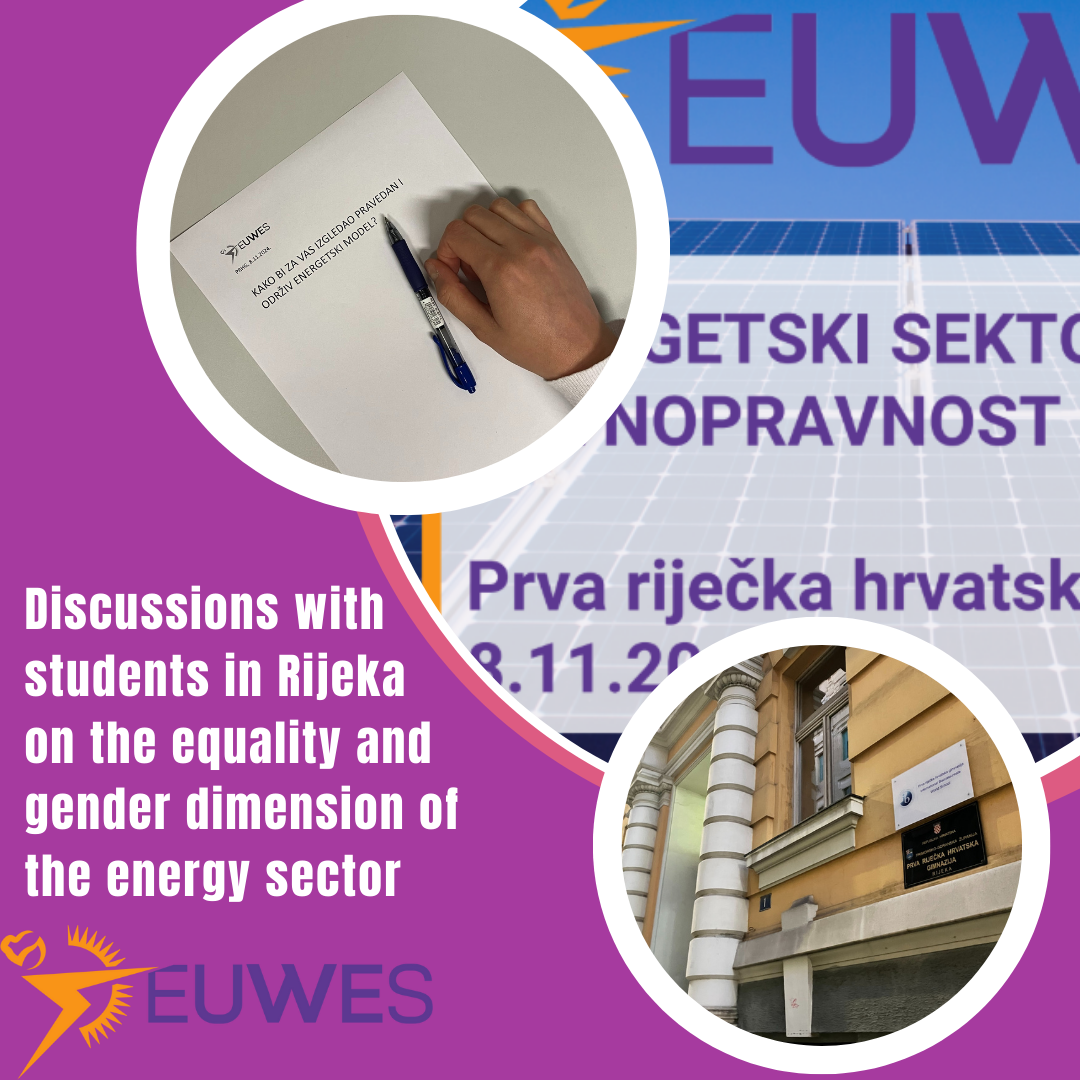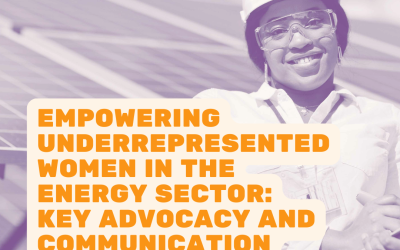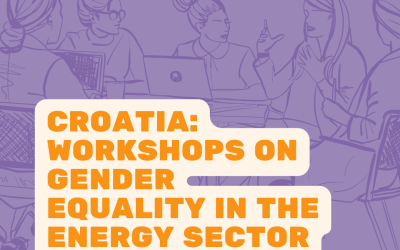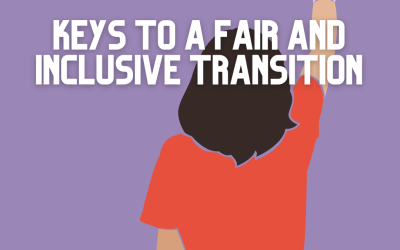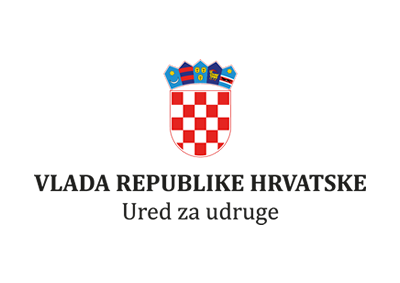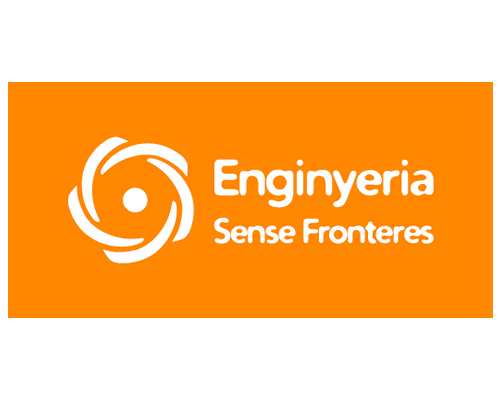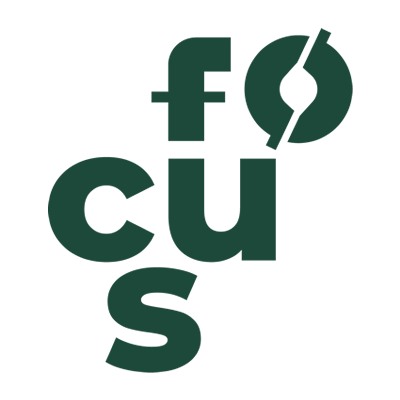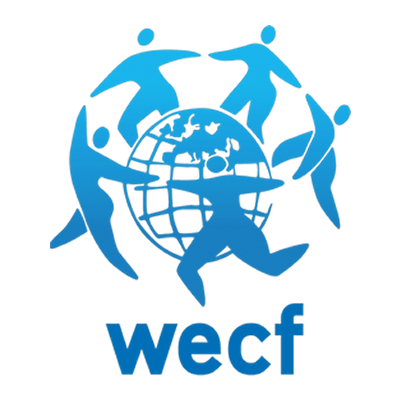On November 8 and 11, DOOR had three educational workshops with third- and fourth-year students of the Prva riječka hrvatska gimnazija high school in Rijeka, Croatia.
These workshops were an opportunity for open discussions on critical topics of the EUWES project such as fairness of the current energy sector and its gender dimension, the potentials of energy transition, with a special emphasis on the role of young people in shaping a sustainable future.
Energy Models and Structural Injustices
Students from classes 3.b, 4.c, and 4.d participated in interactive discussions about the current energy model based on fossil fuels. We addressed the key challenges of this system, including climate change, energy poverty, and gender inequality rooted in traditional structures of the energy sector. Through discussions, students showed a keen interest in understanding how these issues impact their daily lives and the global community.
The Gender Dimension of the Energy Sector
Special attention was given to the findings of the mapping of the gender dimension of the Croatian policy making sector, private and public companies and academia relevant for the energy sector. DOOR’s experts highlighted the challenges women face in all aspects of the energy sector—from technical and managerial positions to strategic decision-making roles. We also discussed how gender equality in energy could contribute to more diverse and effective approaches to solving issues like climate change. This topic was particularly relevant for fourth-year students, who are on the verge of making important decisions about their further education and professional development.
The Potential of Energy Transition
In the final part of the workshops, students had the opportunity to explore the potential of transitioning to renewable energy sources. Through group work and discussions, they examined how this transition could become a tool for creating a fairer and more inclusive society. The ideas students presented demonstrated maturity and an understanding of complex issues, as well as their readiness to take an active role in shaping a sustainable future. Many emphasized the importance of building a system where fairness is not just a goal but a fundamental principle of all decisions—from energy policies to everyday choices.
The workshops highlighted the importance of engaging young people in discussions about issues that will shape their future. Energy transition is not just a technical challenge but an opportunity to transform society toward greater equity and sustainability. Through initiatives like these, we continue to build awareness about the importance of a fair energy system and gender equality—because the world we want tomorrow begins with the ideas and engagement of today.
